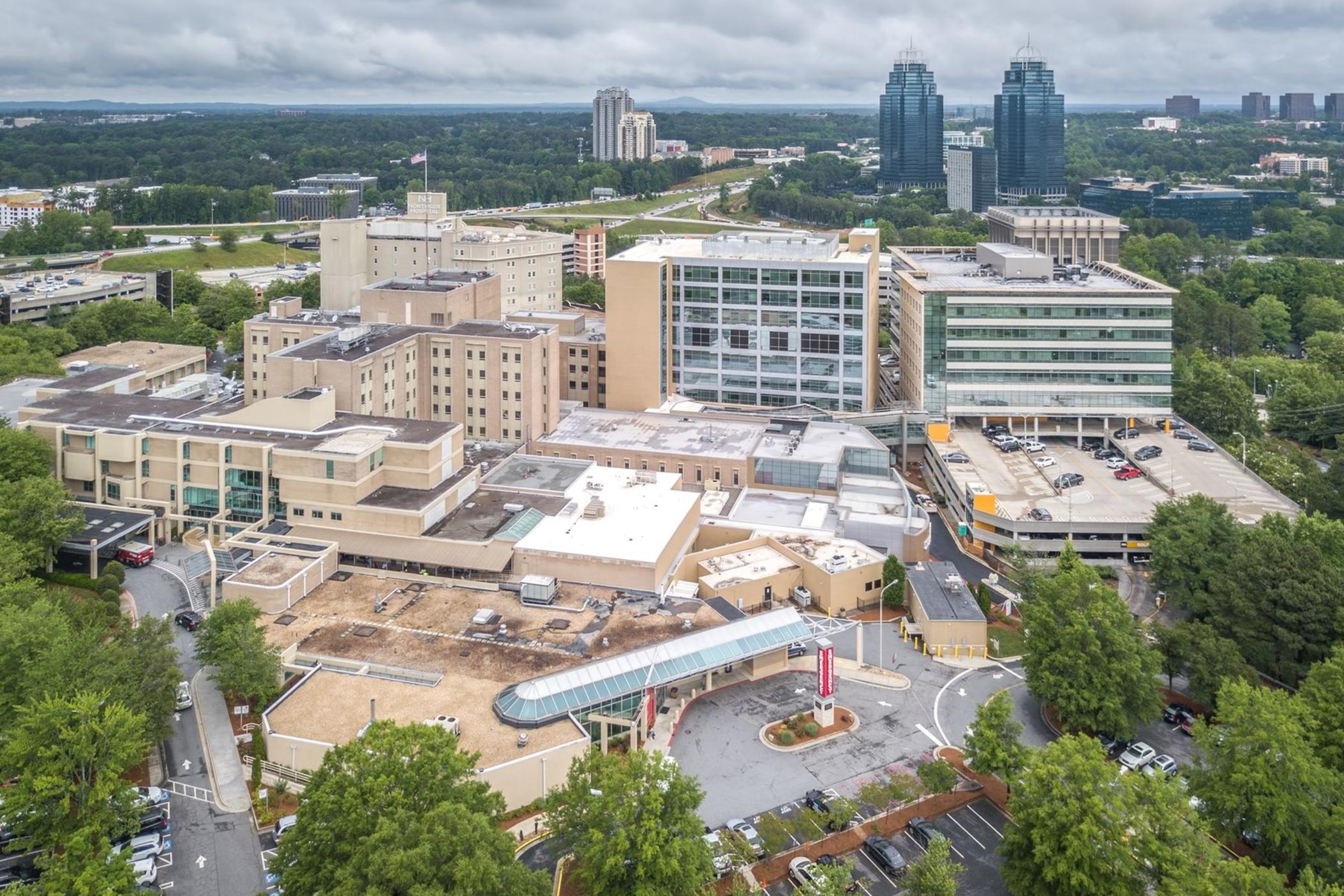Section Branding
Header Content
Northside Atlanta is first hospital in the U.S. with top-tier maternal care designation
Primary Content
At Northside Hospital in Atlanta, which delivers more babies than any other hospital in the U.S., a level four verification from The Joint Commission’s Maternal Levels of Care program means the facility can handle the most complex patients.
“The designation of Northside Hospital Atlanta as the first Level IV Maternal Center in Georgia is an achievement that validates our ability to care for the most critically-ill mothers and newborns in Georgia,” said Melissa Sisson in a statement published by Northside. Sisson is retiring as the hospital's longtime director of women's services and led the hospital’s verification process.
Designations under the MLC program are based on standards from the American College of Obstetrics and Gynecology, used to set measures for and evaluate facilities by available services for moms and babies. In doing that, health care systems can be better equipped to combat maternal mortality and morbidity.
Jennifer Anderson is the associate director of the Department of Standards and Survey Methods at The Joint Commission.
“Whenever we develop standards, we make sure that it's rooted in evidence, that there's literature out there supporting the quality and safety issue,” Anderson said. “And then there's also evidence available for the solutions.”
All centers verified under The Joint Commission’s MLC program must at least be able to detect and stabilize low- to moderate-risk pregnancies. A level four verification makes Northside Atlanta the first Regional Perinatal Health Care Center in the U.S. under the program, offering high levels of care such as a maternal-fetal medicine program.
Georgia has four verified maternal facilities and one verified neonatal facility so far, including Upson Regional Medical Center, Augusta University Medical Center and Phoebe Putney Memorial Hospital.
The idea, said Anderson, is to establish top-down support for lower-level facilities, and if necessary, to facilitate transfer of patients with more complex needs to higher level facilities like Northside.
“So we're hoping that the rural hospitals will go for the level one and the level two,” Anderson said. “But it's taking a look at the community and the region and making decisions based on [need] versus necessarily location.”
The Joint Commission is the lead accrediting agency for health care facilities in the U.S., meaning the majority of hospitals take advantage of its evaluations to meet health care standards.
The Georgia Department of Public Health partnered with The Joint Commission last year to expand its own maternal and neonatal designation initiative, as part of the state's efforts to improve maternal mortality and morbidity rates.
Data from the state’s Maternal Mortality Review Committee shows 87 percent of Georgia’s pregnancy-related deaths that occurred between 2015 and 2017 were preventable. Although that statistic is missing from the committee’s most recent report, data from 2018 to 2020 shows the rate of pregnancy-related deaths has gone up. Black mothers are still twice as likely to die than white mothers.
Review and designation of perinatal care services can make those odds better, according to recommendations from the MMRC. So in 2019, the public health department established regulations to include criteria for perinatal center designation. An amendment last year added The Joint Commission as the lead agency for maternal center designations.
Shannon Stevenson is a board member for state advocacy group, Healthy Mothers Healthy Babies.
“You can look objectively at these qualifications that they use to make their designations and match patients to the type of care and a level of care that they need to have the best outcome for them and baby,” Stephenson said about the MLC program.
Stephenson said she thinks more hospitals will take advantage of the program as they become aware of it. Applying for Maternal Levels of Care verification is completely voluntary, though the Georgia Department of Public Health highly recommends participation.


